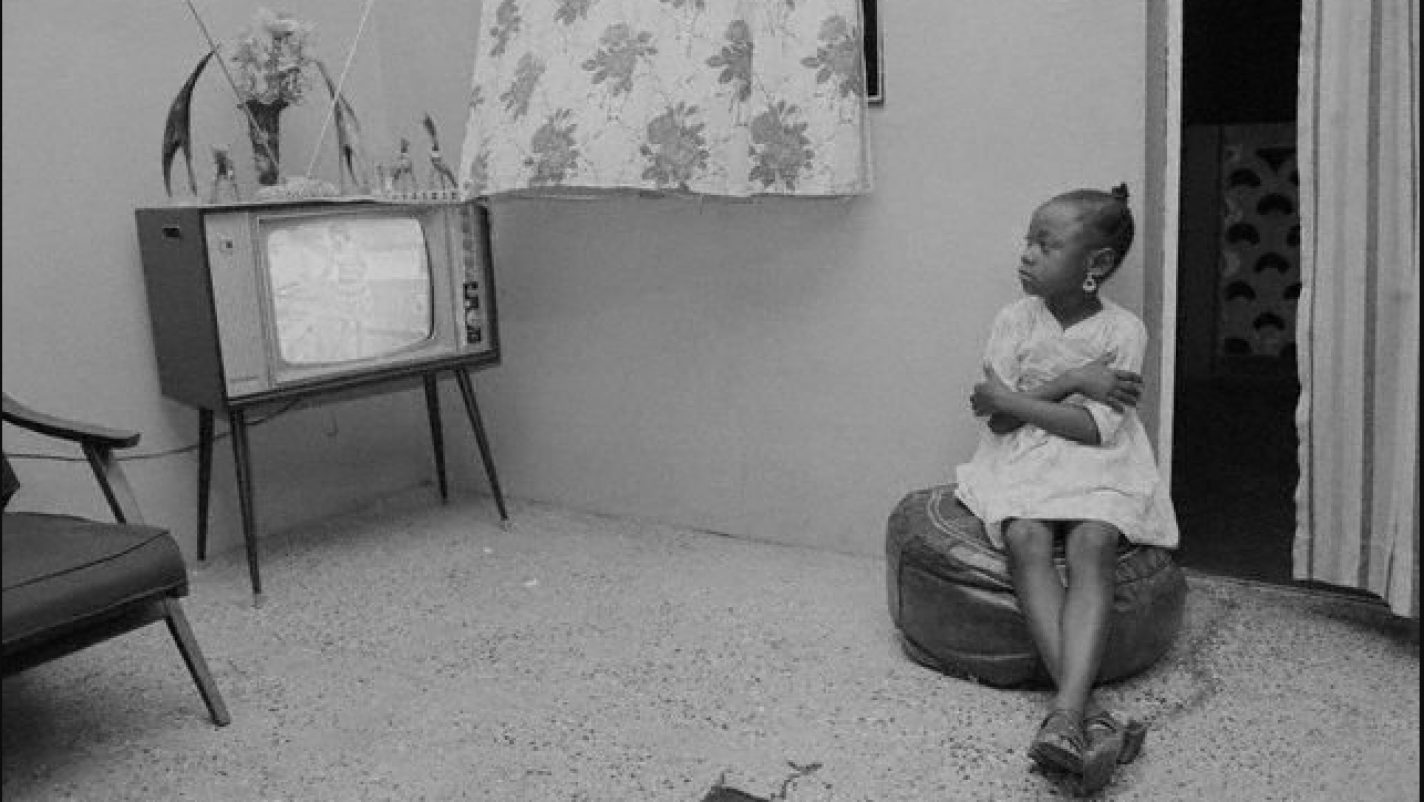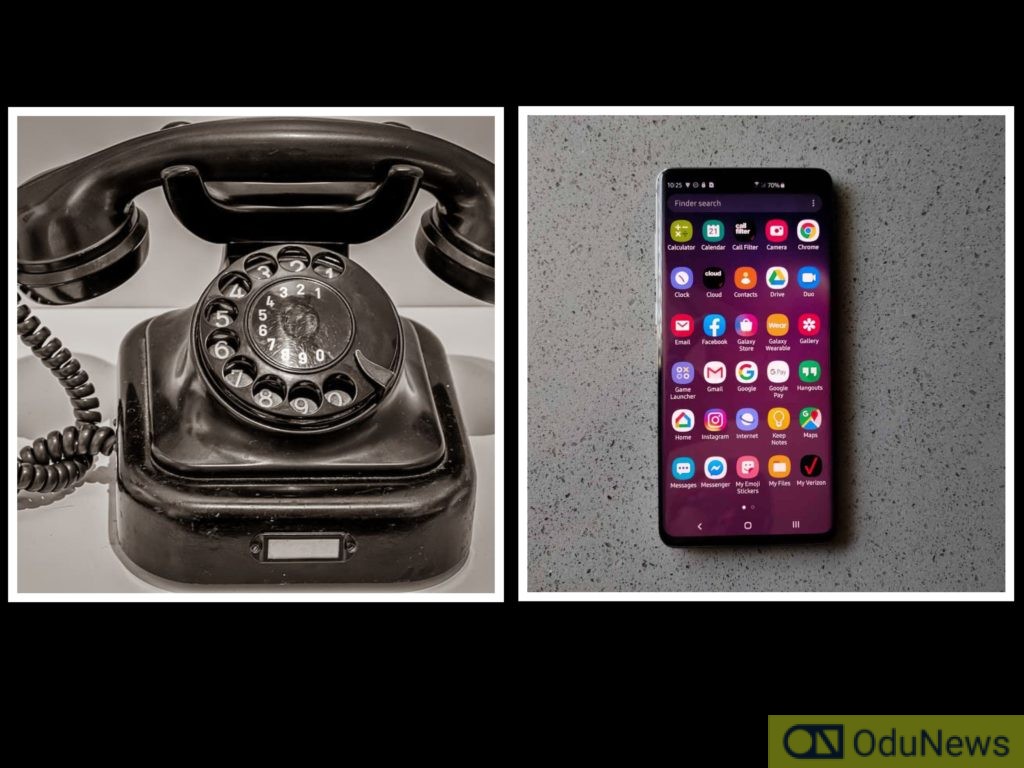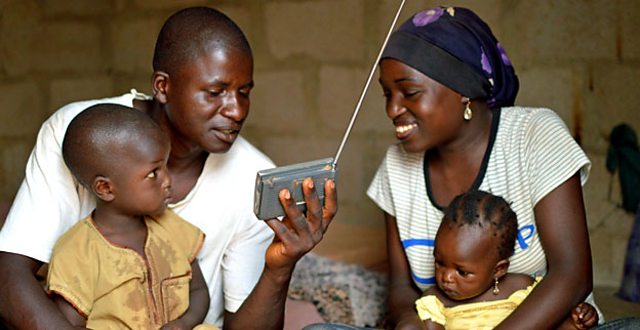In every clime, the advent of technology has justified the essence and need for innovations. It is no longer just a trite saying but a fact entrenched more in reality that “The world thrives with innovation”.

A quick visit to some decades before now would reveal the limitations of communication amongst people with no iota of proximity. Even the elites of the days in all their “bigness” could only afford to make calls, which were equally determined not just by their financial capabilities but also by the availability and stability of the network coverage. Days when even the telephones in use were not short of an energy-draining tool, having to spin and spin to dial numbers. Telephones weren’t just a few in circulation back then, they weren’t handy either, which actually earned it its sobriquet – “Land Phones”.
An average man of the day would get registered with the NIPOST to at least send and/or receive handwritten or typewritten letters, many of which would take days to deliver, and for some, even months. One can imagine what emergencies were like. A “Tunde” who is schooling in the north but resides with his parents in Osun State is to be contacted about the demise of his mom, well, he might only get to eventually know where she was buried.
Also, back then, TV stations were very few, so it was usually good news to be shared with friends and families when your tv picks a signal of a new TV station. Not many options as to what to watch per time, hence, the likelihood that a TV series is known by most who have and watch TV. Days where TV stations had their opening and closing times, usually, 8 am/9 am – 4 pm. There was little to achieve within that space of time as it falls within the working hours for many employees and school hours for many students, maybe just the weekends were exceptional.

These were days when radios were the companions of typical Nigerian Parents (Dads really), having it as their major source of acquiring information. Children by “default” were much aware of the happenings around them, since there were no alternatives, as Dad is listening to the news, you listen as well. The current affair wasn’t a big deal Afterall, it was the order of the day.

Whilst a good number would stand by newspaper vendors’ outlets only to read through the highlights of the day and more interestingly to engage in conversations with other readers at the stand or even involve bystanders, and some buy to read or have it delivered to their doorstep. Since, information, they say, is power.
Fast forward to our day, the second decade of the 21st century, many things are not what they used to be anymore. It is no longer just a cliche that “the world is a global village”.
Calls are now made in the comfort of people’s homes and in seconds a 1000mile distance is covered. Coupled with the advent of features like video calling, one can now converse with almost no thought of a distance or an absence. How better does it get?
Emails have largely replaced the old-time postal mails, and just in a few seconds mails are sent, delivered, and received.
Mobile phones now assume the role of “Mr wonder” as it performs the all-in-one role in its function.
In a bid to address a specific aspect of world innovation, this article is confined and restricted just to the subject of social media; its use, and misuse/abuse, with Nigeria as a case study.
Social media is an internet-based form of communication. Its platforms allow users (of differing cultural backgrounds, ideologies, beliefs, reasoning, statuses, and ages ) to have conversations, share information, and create web content. The major platforms include Facebook, Twitter, LinkedIn, Instagram, Snapchat, TikTok, Pinterest, Reddit, YouTube, and WhatsApp.
And just as it is with every ‘system’ that seeks to solve a ‘problem’, social media is faced with a level of abuse from its users.
Many today throw caution into the wind. There seems to be an online boldness, call it, the e-boldness, where people exercise no restraint on what they say, what they share, and do not mind who they address.
E-boldness would be that online audacity to address people you couldn’t have garnered the courage to meet not to even mention conversing with them. It is rather a rude effrontery that poses thoughts of questionable characters on the person.
E-boldness reveals and explains the dilemma of what the Yoruba culture would pose as a rebuke when ill-mannered conduct is displayed, which is, “It is either you weren’t well trained at all or you never received the training you were given”.
To Be Cont’d
Watch Out For Review 2


Comments are closed.